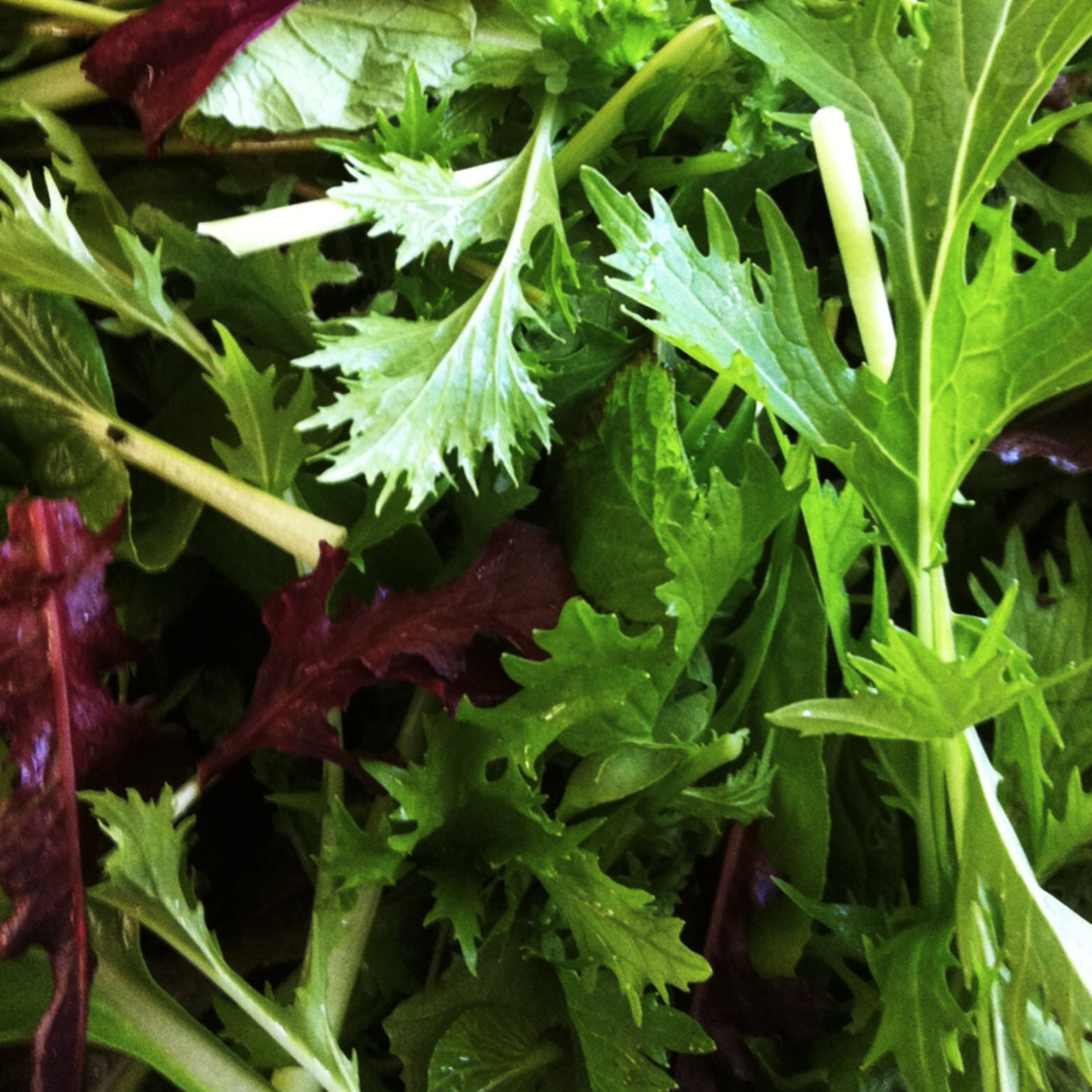In addition to merely harvesting your own food, if that weren’t enough, there are many other benefits of growing a vegetable garden. Throughout the ages, growing food has supplemented diets to being the absolute reason for people’s survival. The modern economy has distorted the value of one’s time. However, the relationship between dedicating a little time to a plot of soil and the nourishment that comes from it transcends monetary value. If you need help starting your garden, you can snag my free 45 page guide How To Grow An Organic Garden here.
1. The Joy of Growing Your Own Food
You plant some seeds. You water them. Then they magically sprout and you watch the plants grow. The miracle of this process never bores. The first garden I grew as a teenager was a large straw basket filled with herbs and greens for making salads. It was a revelation, a little Shangri-La in my suburban backyard. I’ve taken over or created garden spaces everywhere I’ve lived, from a container garden in an industrial neighborhood in Spain to the 1/4 acre space I tend right now in Oregon. It never gets old, the joy of providing your own food, from one radish to 200 pounds of tomatoes.
2. Food Safety and Security
Growing your own food allows you control at least part of what you eat. You know where it came from and what has been sprayed (or not) on it. Throughout the ages, growing food has supplemented diets to being the absolute reason for people’s survival. The modern economy has distorted the value of one’s time. However, the relationship between dedicating a little time to a plot of soil and the nourishment that comes from it transcends monetary value. While it can be viewed as a spiritual venture, in times of need the relationship is visceral, and could be the difference between life or death.
3. Diversity
The number of vegetable varieties is much greater than what is available in the stores. Yet over the past 100+ years the number of vegetable varieties in the world has diminished greatly. This has coincided with the rise of industrial agriculture and the consolidation of the food production and distribution systems. When you decide to grow a garden, you are free to grow whatever you want. You can seek out and help preserve heirloom and rare varieties of fruits and vegetables simply by growing them and sharing the seeds and cuttings. You can try varieties that are adapted specifically to your area. You can select for traits and create varieties that do better in your climate. Some excellent varieties of fruits and vegetables are shunned by commercial growers because that have characteristics not suited to picking, packing, shipping, and storing. Yet these may be just the traits a home gardener wants: extra sweet, extra juicy, irregular sized fruits, a long season, a short season, delicate skin, etc.
4. Freedom
Who ever controls your food controls your life. In a relatively free society such as the United States, this has not been a great issue. This point is related to point number two. When you grow your own food, you decide what type of fertilizer you use. You decide whether or not to use pesticides, herbicides, and other poisons, based on research and knowledge. The agenda of profit motivated corporations, or farmers locked into seed and pesticide contracts with vertically integrated multinational companies, is not your agenda. You decide what to do and why. I hope you would decide to use methods that build the soil and the complex beneficial relationships of organisms that thrive in living soil. The more nutritious food you can grow, the freer you are.
5. Community
While I am currently mostly a loner gardener, most of my gardening life has (and still does) foster relationships with others. During our child rearing years, the garden was filled with our kids and their friends, planting and eating. We’ve volunteered at community gardens and worked on a member supported organic farm in New Hampshire. We give produce to friends and donate hundreds of pounds of fruit to the food bank each year. Farmers markets, seed swaps, fruit tree grafting parties, and community supported farms all seek to gather people together to enjoy produce and each other’s company.
These are just five of the benefits of growing a vegetable garden. There are so many more that I didn’t talk about. If you have a minute, add some more benefits that you can think of to the comments! Happy Gardening!

you said: